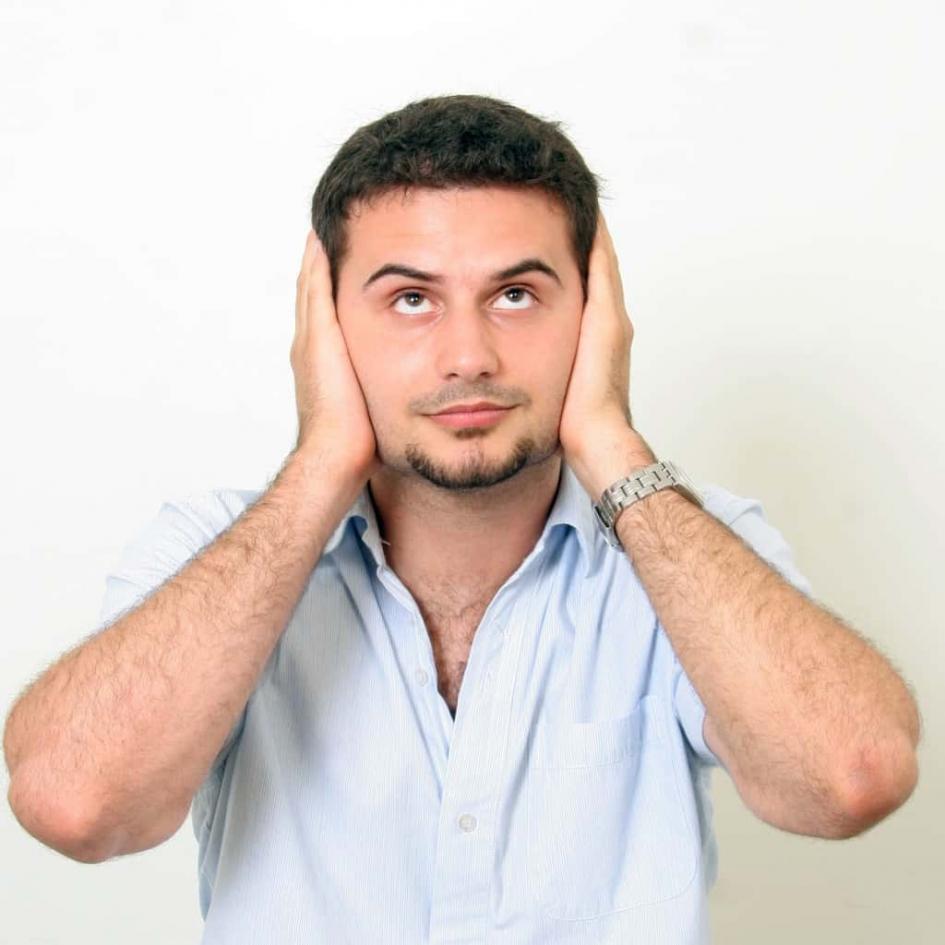
Is There a Cure for Tinnitus?
Jun 15, 2015
What is tinnitus? Think of the most annoying, niggling noise you can. And then imagine hearing that all the time, with you not being able to get rid of it. That’s tinnitus. A ringing, a whistling or a humming is what a sufferer of tinnitus hears. It can be constant or occasional, but in severe cases, it’s lead to sleep problems and depression.
Although tinnitus can affect people of any age, it’s more common in the over 65s and over 6 million people in the UK suffer from a mild form of it. However, an estimated 600,000 have a more severe tinnitus.
Tinnitus can be caused by a variety of factors. Sometimes a simple build-up of earwax or an infection, but also more serious issues like Meniere’s disease can be behind it.
If you’ve just been diagnosed with tinnitus, you’ll probably be desperate to know… Is there a cure?
Unfortunately, for a lot of sufferers, there isn’t a cure, but don’t fear. There are plenty of easy and effective relief methods.
If the cause of your tinnitus is a build-up of wax, ear drops or ear irrigation can treat the symptoms, but if yours is the result of another condition, it might not be so straightforward. With there being no medical options, you might have to look at alternative treatment to relieve yourself from the symptoms.
Here’s a list of options for tinnitus sufferers. Before trying any of these, contact us so we can find the right treatment to suit you.
Environmental Sound Generator
An environmental sound generator is a handy device that produces natural sounds. The noise of the sea and wind can be a relaxing distraction from the sound of your tinnitus, and when used in bed, can help you sleep.Cognitive Behavioural Therapy
CBT is a form of therapy that helps sufferers of tinnitus think about their tinnitus differently. With CBT, you will eventually find the noise of your tinnitus is less noticeable, and it can prevent the condition from taking over your life and possibly leading you to depression.Tinnitus Counselling
Audiologists or hearing therapists can talk to tinnitus sufferers to help them cope with the issue. They can talk through the situation with individuals, and offer them guidance as to how to deal with it, and get relief from it.Tinnitus Retraining Therapy
Another type of therapy aimed at tinnitus sufferers is TRT. TRT helps sufferers of the condition become used to the sound that’s causing the issues, meaning it becomes less noticeable.Other Methods
You don’t always need professional help to deal with the symptoms of tinnitus. Instead of therapy or environmental sound generators, you can work your way out of suffering from the condition yourself. Sometimes the symptoms of tinnitus can be enhanced by stress, so relaxing from time to time can be a big help. The NHS suggests regular exercise such as yoga as a form of self-help. If that doesn’t work for you, then you could try listening to music. Relaxing, quiet tunes can cover up the noise of tinnitus, and help you fall asleep - this is a big relief for those who are suffering from sleep problems as a result of the condition. Also, if you feel like counselling or therapy aren’t for you, you could attempt to seek advice from fellow sufferers, either by finding a support group of discussing it on a specialist forum. Remember, as well as attempting to relieve the symptoms through the methods listed above, make sure you contact House Of Hearing, so one of our tinnitus experts can help you get the right treatment. Contact us using our online form, or by calling 0131 220 1220 for a free consultation. Overall, there may be no proper medical cure for tinnitus, but it doesn’t mean you have to suffer with the condition. There’s plenty of alternative methods to get rid of the symptoms for a while, to give you some much needed relief from the noise.Our Clinics
All House of Hearing clinics are in town centre locations and accessible to public transport and parking. Home visits also available if mobility is an issue.


.png)
.png)
.png)

.png)
